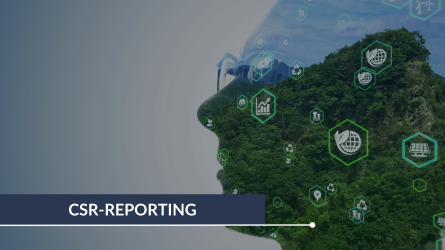The Corporate Sustainability Reporting Directive (CSRD) will expand the existing requirements of the Non-Financial Reporting Directive (NFRD) starting in 2024. Companies will be required to report more comprehensively and in a standardized manner on environmental, social, and governance (ESG) aspects. This now also applies to numerous medium-sized enterprises. The goal of the CSRD is to make sustainability data comparable and reliable, enabling stakeholders and investors to make informed decisions.
Leverage these new requirements as an opportunity to further develop your sustainability strategy and secure long-term competitive advantages. As an experienced management consultancy, we are here to support you in implementing the CSRD-together, we will ensure your future readiness!












